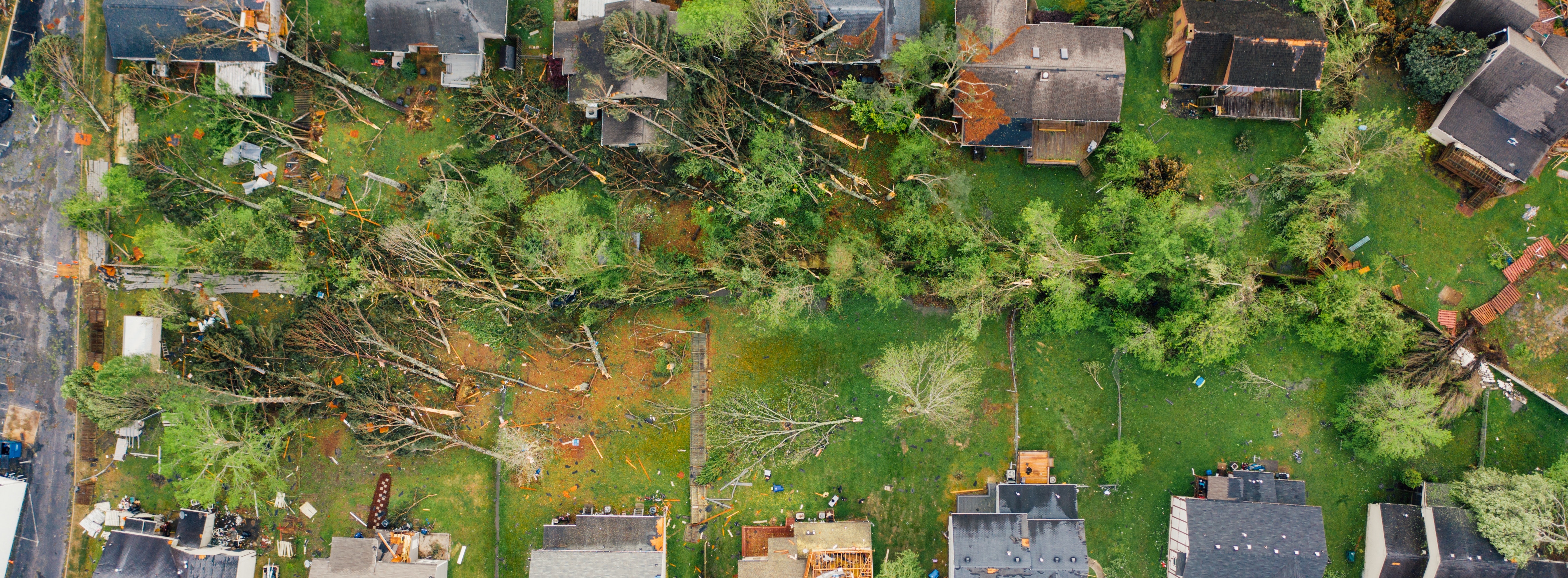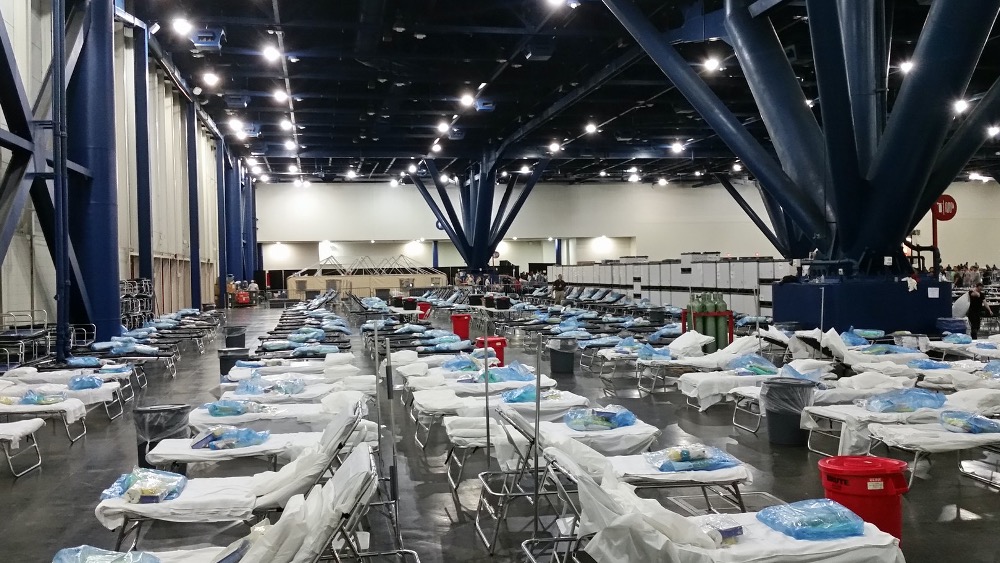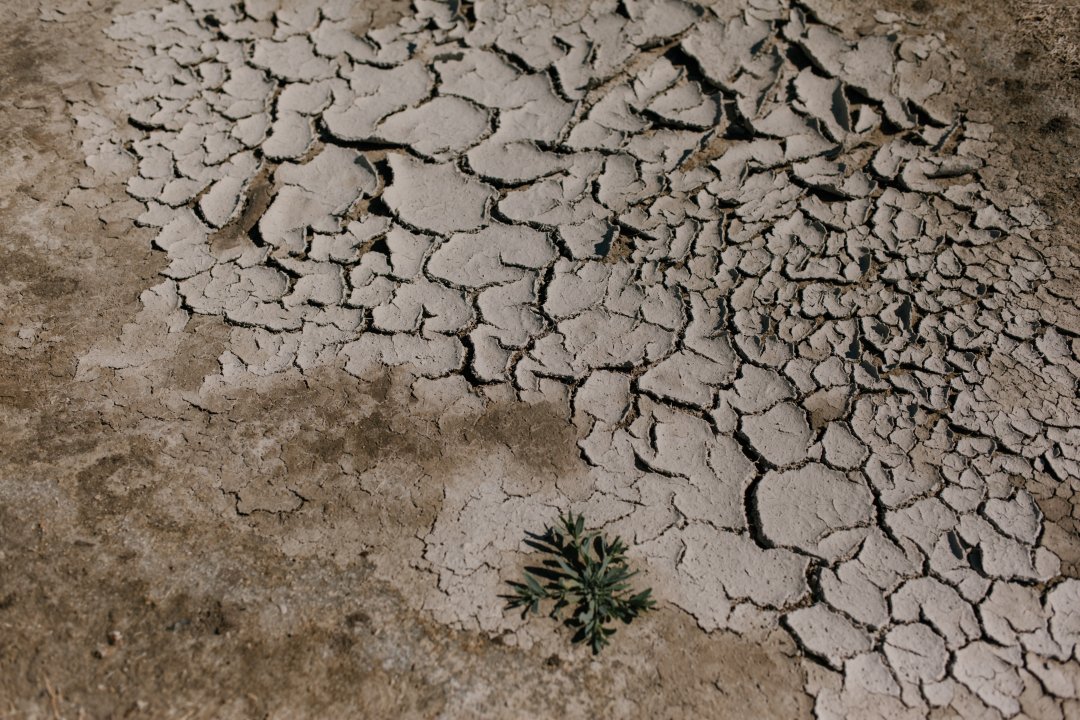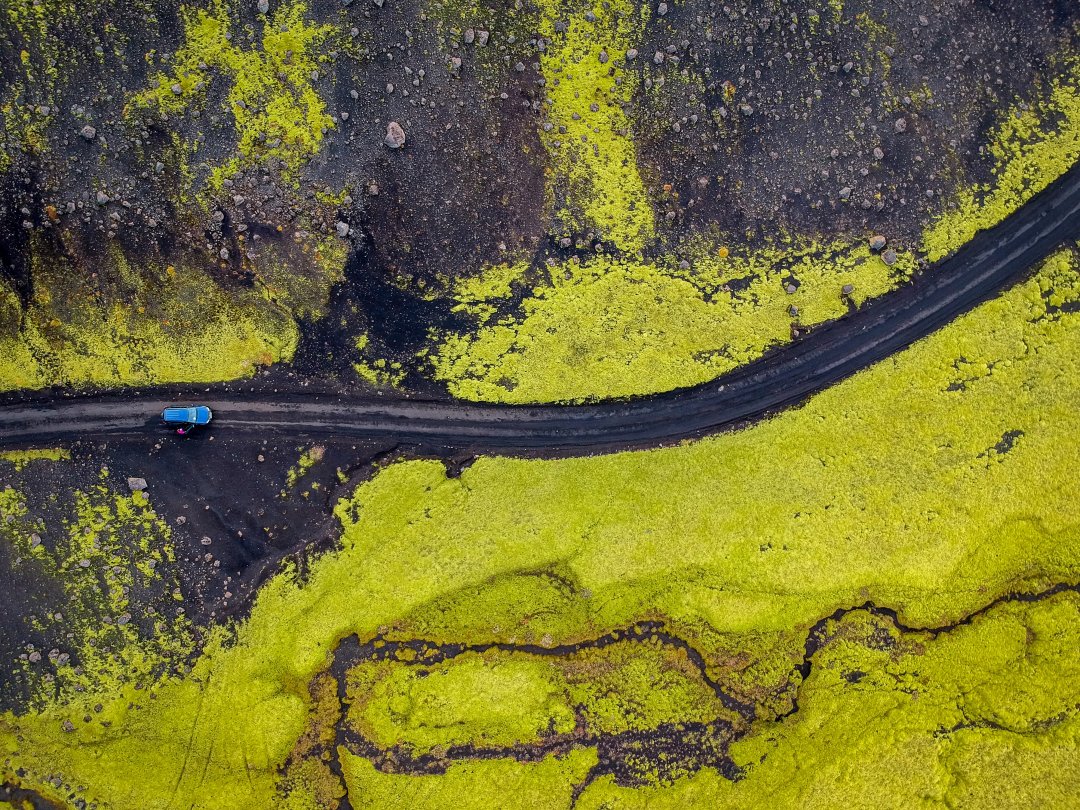
HATS Research
The University of Arizona has 21 colleges and schools and over 100 centers and institutes and regularly ranks within the top 20 public research universities in research development and expenditures. As research initiatives span across these entities, the University of Arizona serves as a global leader in cutting-edge interdisciplinary research to address today’s societal and environmental challenges.
The Humanitarian Assistance Technical Support program leverages this expertise at the University of Arizona to expand collaborative and interdisciplinary scholarship on humanitarian assistance and disaster management. We bring together individuals from different departments across the University of Arizona to develop new ideas, methods, and solutions. The HATS network of students and scholars facilitates an environment of learning and information sharing through faculty collaboration, webinars, and guest lectures.
The HATS Difference
The need for humanitarian assistance to address global disasters has become more acute. The HATS project at the University of Arizona recognizes that, at its essence, a disaster is about people - their level of preparation, their ability to respond, recover and transform.
The complex dynamics of people in crisis begin with the immediate threats of loss of life and livelihood but then involves the long-term effects of hunger, population displacement and migration, spread of illness, deterioration of natural resources, and conflict. Addressing these multifaceted crises and providing appropriate humanitarian response requires access to a broad range of expertise and experience. The HATS faculty network takes a holistic approach to the complex and interrelated elements of disaster and humanitarian assistance. With this comprehensive strategy, the HATS team embraces the challenge and directs its capacity toward innovative solutions to create a more resilient global community.
Together with our technical staff at the Bureau of Humanitarian Assistance (BHA), the HATS faculty on campus provide deep expertise and experience in the following thematic areas:
Global Health
The University of Arizona is internationally recognized for its proactive COVID-19 response strategies as well as its applied research in epidemiology, community medicine, disease prevention awareness, global nutrition, and public health.

Hazard Forecasting
Disasters such as droughts, floods, cyclones, extreme temperatures, and tsunamis account for the largest number of natural disasters worldwide and affect more people than any other natural disaster type. Disaster research at the University of Arizona focuses on disaster preparedness, including hydrometeorological forecasts for early warning systems that reduce the loss of lives and livelihoods.

Global Environmental Change
Global environmental change addresses environmental alterations in the current state of the earth. Changes that are driven by human and natural processes impact humans and natural ecosystems and their ability to co-exist, function, and thrive. Applied research at the University of Arizona explores this interconnectedness and synergies between human and natural systems in an effort to identify technical and policy solutions to such problems as the depletion of water resources, the degradation of agricultural and range lands, deforestation, and environmental pollution.

Food Security
Conflict and disasters consistently disrupt food production and markets. The University of Arizona faculty addresses food security in many dimensions. Examples include food production systems, the use of cash and voucher programs to restore and diversify livelihoods and markets in disaster-affected communities, the development of fortified foods, as well as the impacts of industrialized food systems on nutrition.

Disaster Knowledge Management
Effective humanitarian response to natural disasters and complex emergencies requires timely, accurate information and data for critical decision-making and coordination among humanitarian actors working in all technical sectors. University of Arizona faculty engage in community-based disaster risk reduction planning and analysis of large data sets to support disaster response and recovery at local, national, regional, and international levels.


